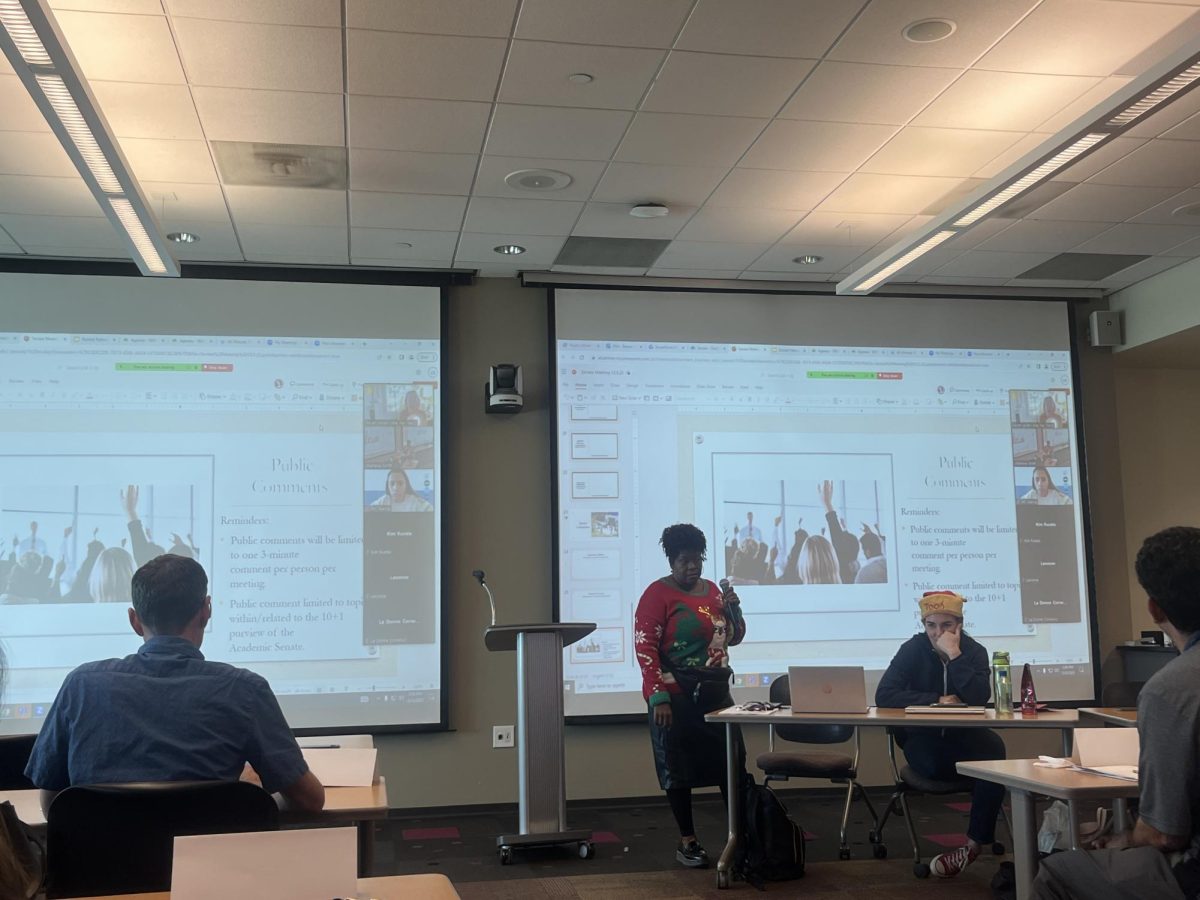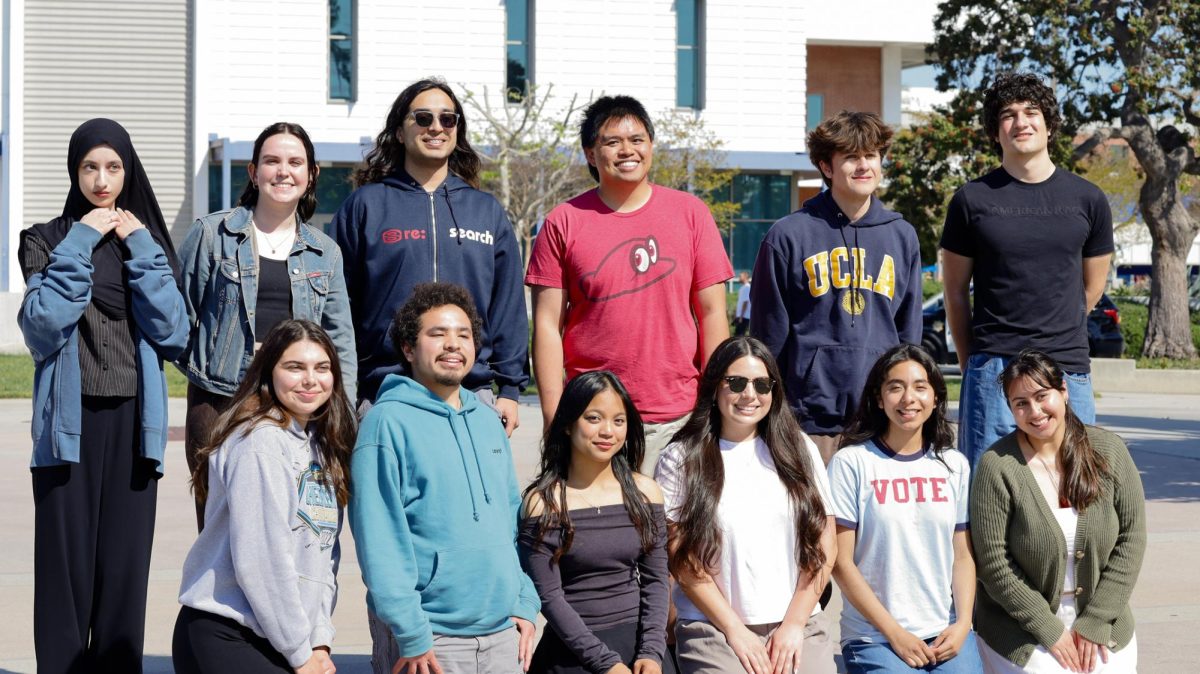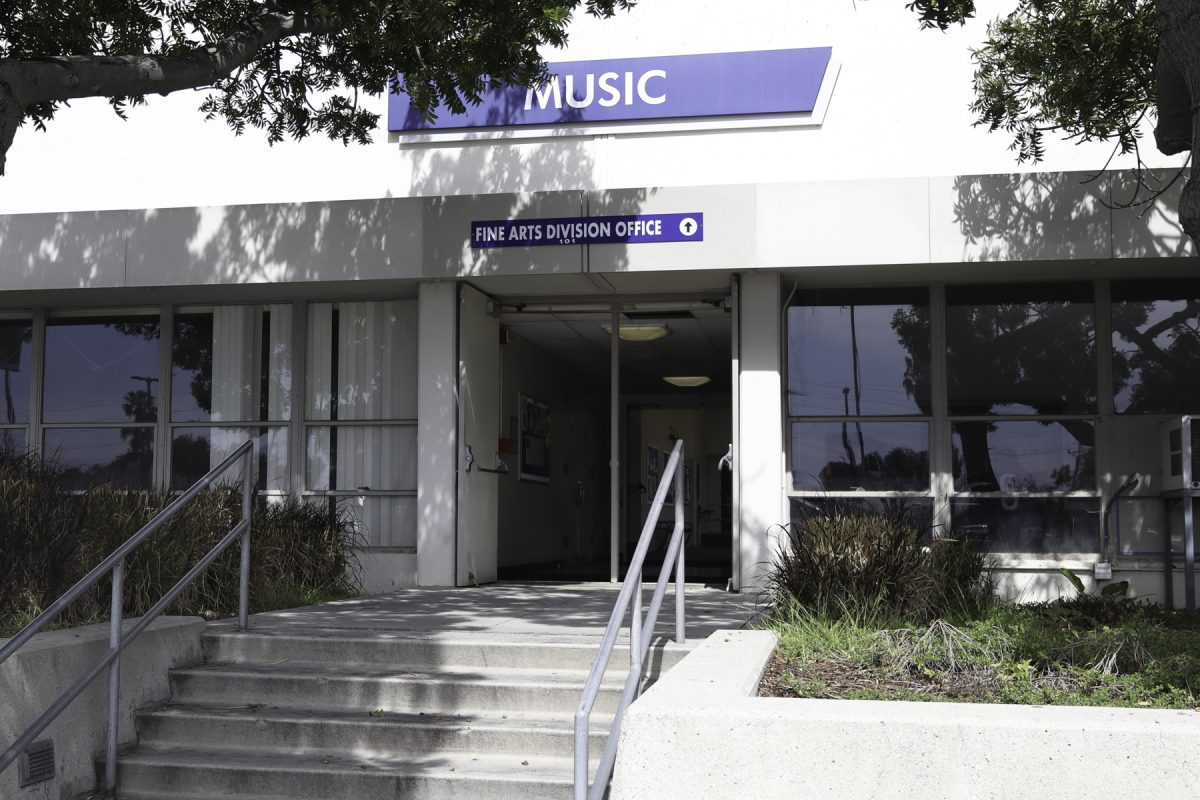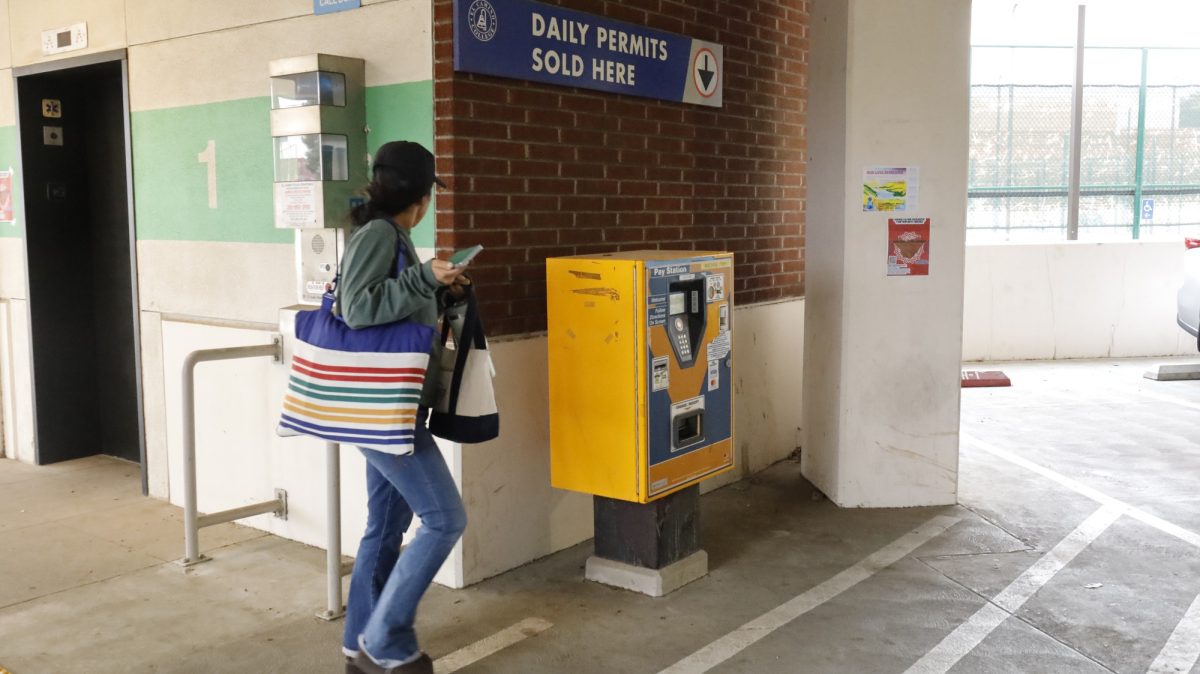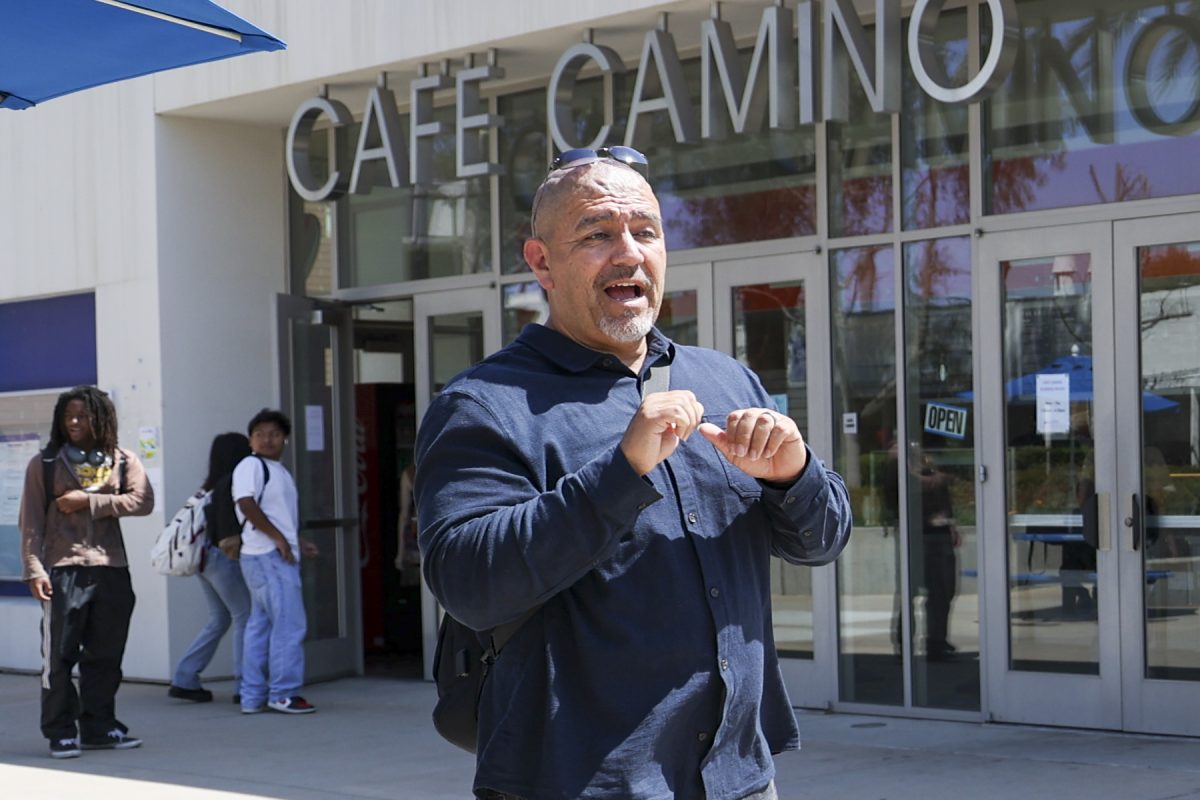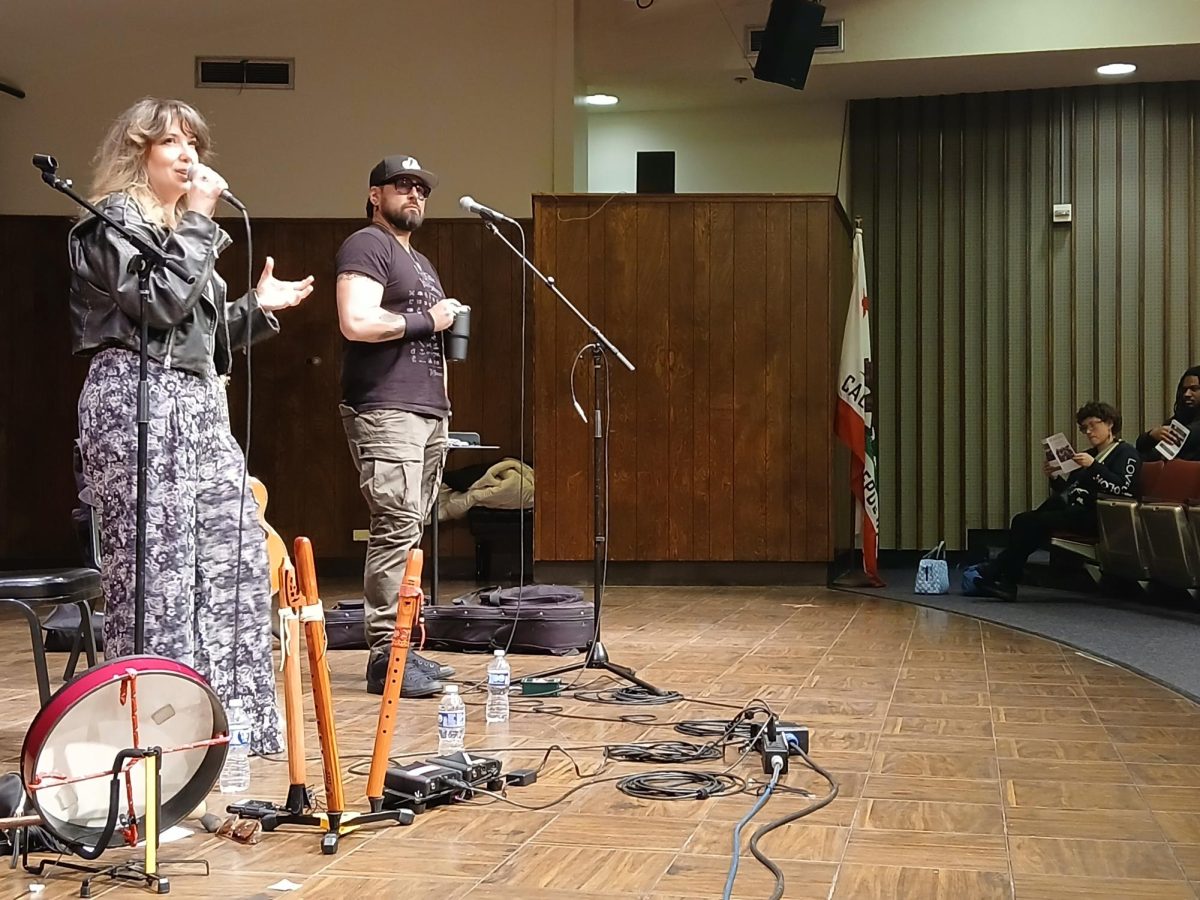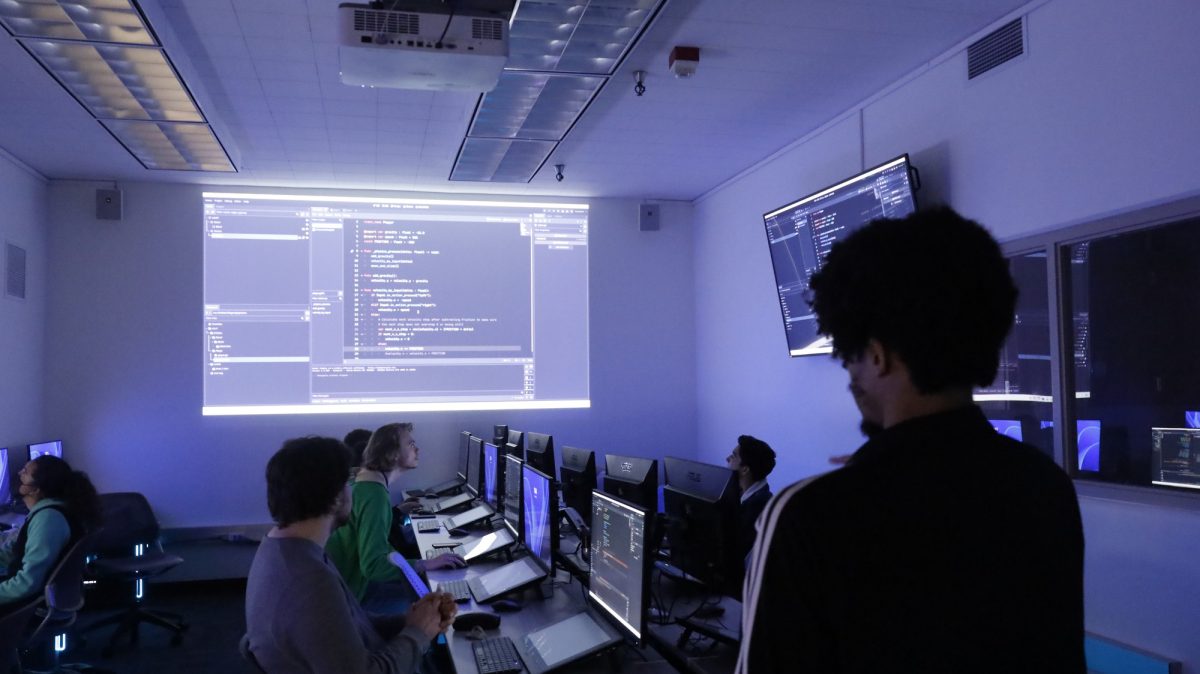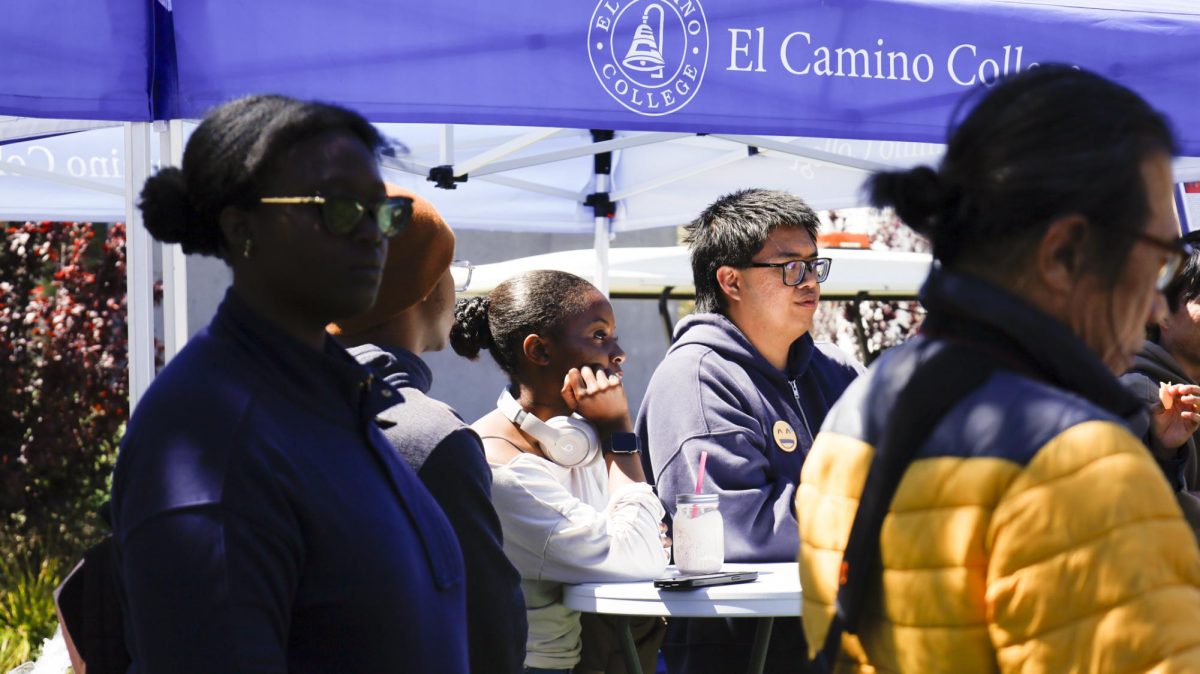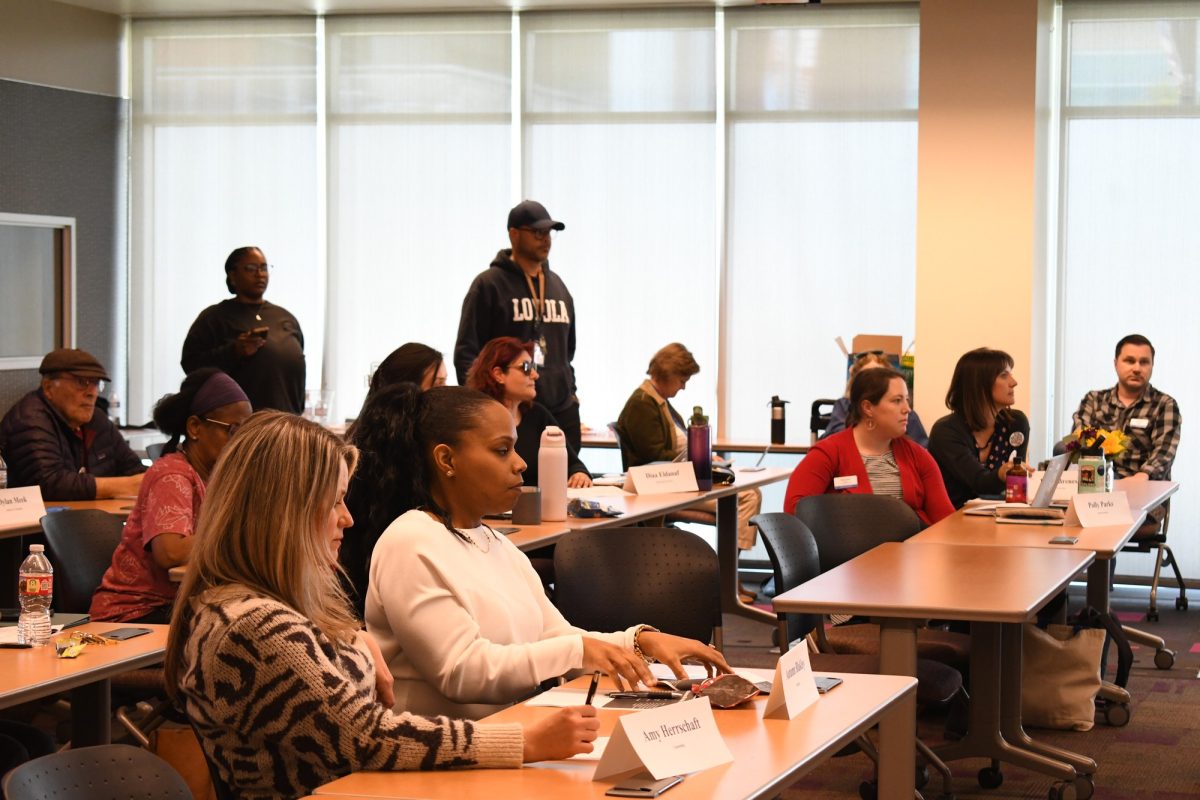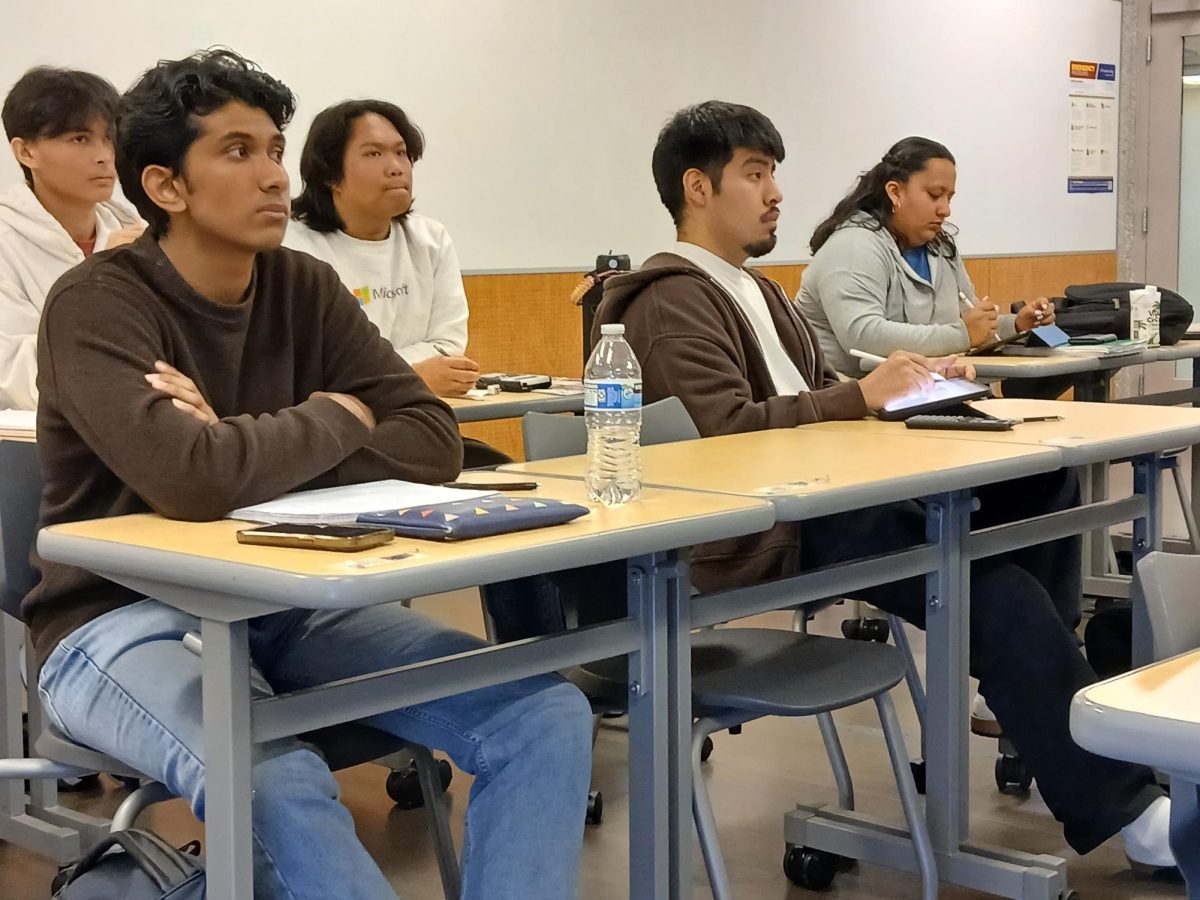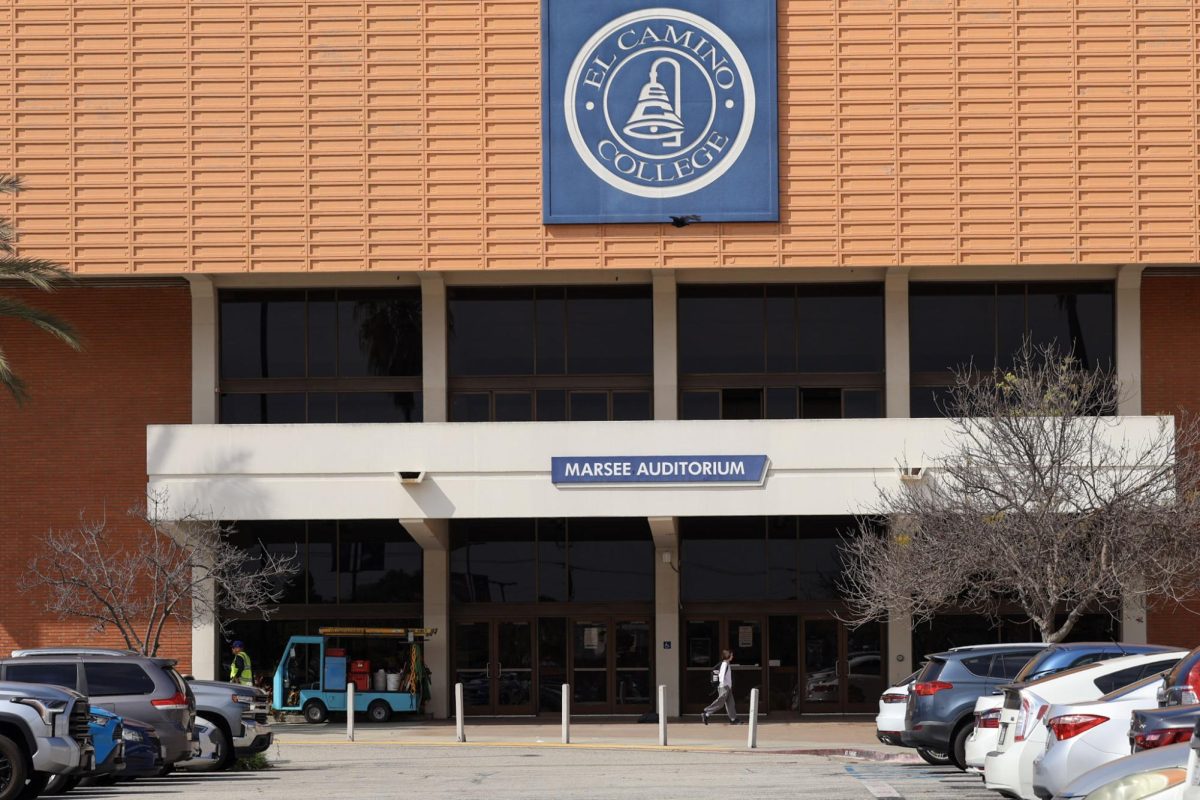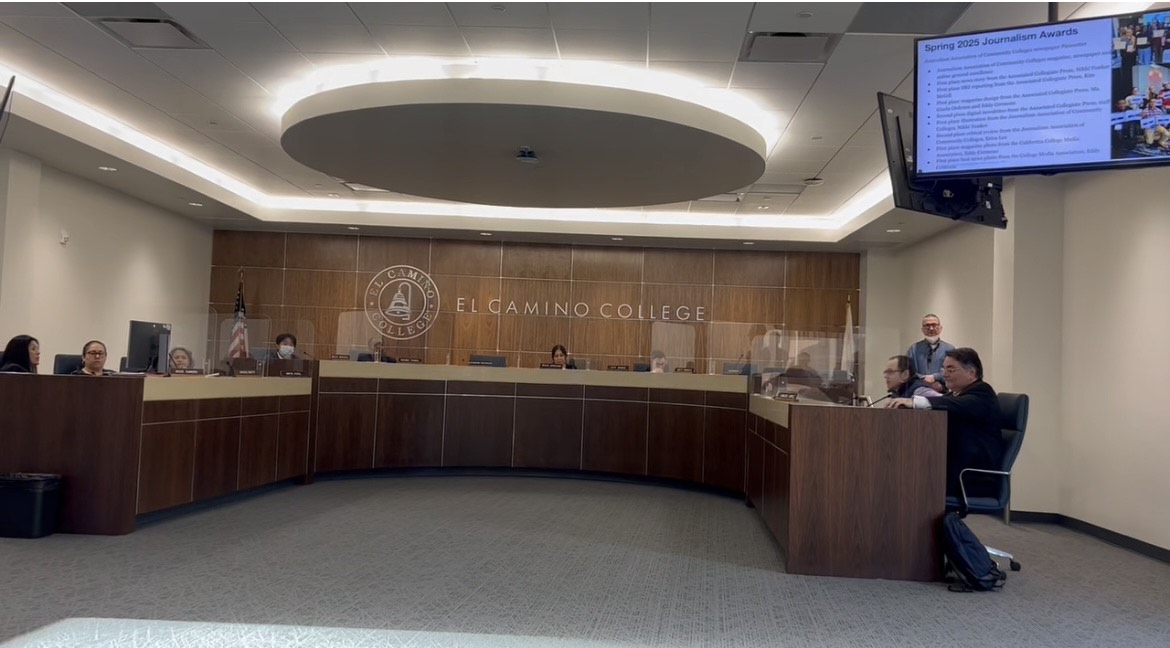There are two legally binding documents the El Camino College Academic Senate follows in its decision-making process.
The Participatory Governance, Planning and Decision Making Handbook is a set of written instructions that determine how educational institutions, such as El Camino, make and handle major academic decisions.
Section Board Policy 2510 is the official written policy that determines “participation in local decision making,” meaning the policy gives the ground rules for what the El Camino Academic Senate’s official duties and responsibilities are.
El Camino officials discussed possible changes regarding the handbook, specifically the Academic Senate section and how it relates to BP 2510, during the Tuesday, Dec. 5 Academic Senate meeting.
Human development professor Kristie Daniel-Digregorio was involved in discussions at the meeting regarding the handbook and how Section BP 2510 and the Academic Senate portion of the handbook could be improved.
“Where there is confusion, there is trouble, and that can slow the college down,” Daniel-Digregorio said.
According to the handbook, all institutional groups are to be meaningfully involved in the business of the college, including the Academic Senate. Key details such as what organization is responsible for its respective policies are determined by the handbook.
The Academic Senate for California Community Colleges has a compiled list of Board Policies on Participatory Governance and Decision Making.
The predecessor to the Participatory Governance, Planning, and Decision Making Handbook was the Making Decisions Guide.
However, the Making Decisions Guide was created in 2020, and the new Handbook will likely be enforced starting in 2024. Differences between the two guides require careful consideration from the Academic Senate as any differences in decision-making procedures or language could have lasting effects.
Page 22 of the El Camino 2020-2025 Decisions Guide states the Board of Trustees will accept the recommendations of the Academic Senate on academic and professional matters.
“The Academic Senate section of the handbook should be sent to Academic Senate representatives on the College Council for further review,” Vice President of Educational Policies Darcie McClelland said. “If we approve the handbook as it is currently constructed, it would require a change in our board policy.”
Daniel-Digregorio reiterated McClelland’s opinion on the approval of the handbook.
“We can make this language clearer, and we should clarify our language [in the handbook] on how decisions are made, as this is what we are going to be following in the [Academic Senate],” Daniel-Digregorio said.
In regards to the language in BP 2510, the Academic Senate decided to table any possible changes until the spring 2024 semester.
“We are going to circle back to BP 2510 and the section in the handbook in the spring, as it is important that we do not rush the decision; it is more important to make the right decision,” Academic Senate President Charlene Brewer-Smith said.



